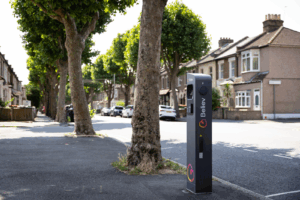Third of workers don’t feel diversity networks drive diversity

Nearly one in five don’t think their employer has a diverse workforce
– 32% feel diversity networks don’t drive inclusivity
– US office workers value diversity and inclusion more than those in the UK.
According to new research carried out in the US and UK, employee diversity networks and affinity groups aren’t living up to their potential. A third (32%) of employees say they actually fail to drive inclusivity.
Office workers in the UK are also far more cynical about these networks than their transatlantic peers – nearly half (43%) of UK employees think these networks don’t achieve anything, compared to one in five (21%) US workers.
Around half of workers (51%) say they’re currently part of one of these networks (again higher in the US, with 69% as against 34% in the UK), with men much more likely to be involved than women (63% vs. 37%).
The study, Work Remastered, surveyed more than 1,000 office-based workers across the UK and the US and was carried out by culture change consultants United Culture.
It highlighted that despite diversity networks often failing to get the job done, the value of diversity, equity and inclusion (DEI) is clear to many employees: 86% overall say it’s important that the organisation they work for has a truly diverse workforce.
Once again, this opinion is more prevalent in the US than the UK. More than nine out of ten (92%) view diversity as important in the US, as compared to 79% in the UK.
The study also revealed that almost one in five (18%) don’t think their employer currently has a truly diverse workforce – rising to 25% in the UK and only 10% in the US.
Mavis Boniface, global director of operations at United Culture, comments: “Our research suggests diversity – in all its forms – is a cause that talent holds dear. However, it seems awareness isn’t yet translating into action, never mind systemic change. The findings suggest there’s still a lot more to do to ensure affinity groups and employee networks deliver on their promise.
“There’s no denying the benefit of employee affinity networks in businesses. They connect people to others with similar lived experience, create meaningful opportunities for storytelling and help employees develop a deeper sense of belonging.
“However, these networks won’t achieve anything in isolation. Businesses must harness the power of these affinity networks to deliver on their commercial objectives and for their investors. This means encouraging, amplifying and, crucially, listening and acting on the differing views and perspectives that are already alive in their organisations.”



